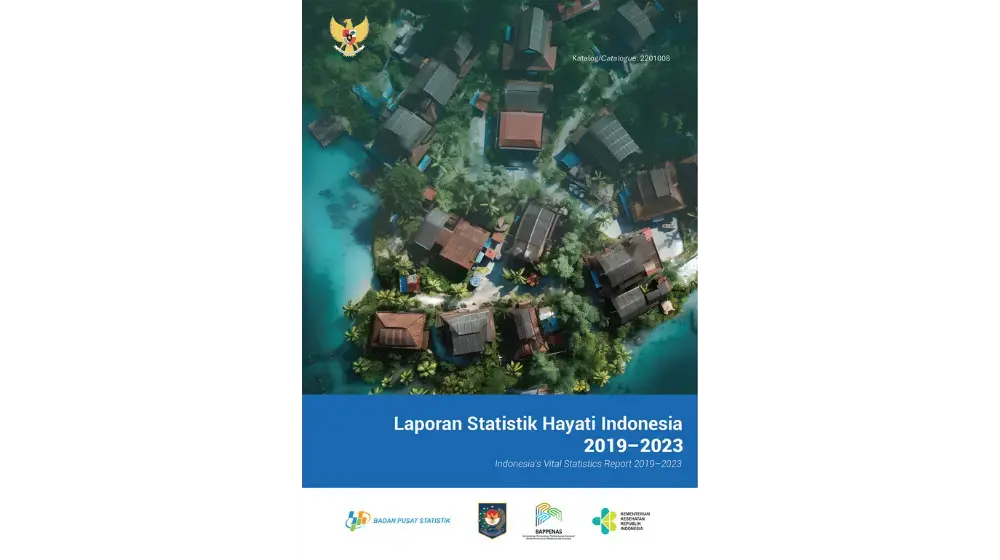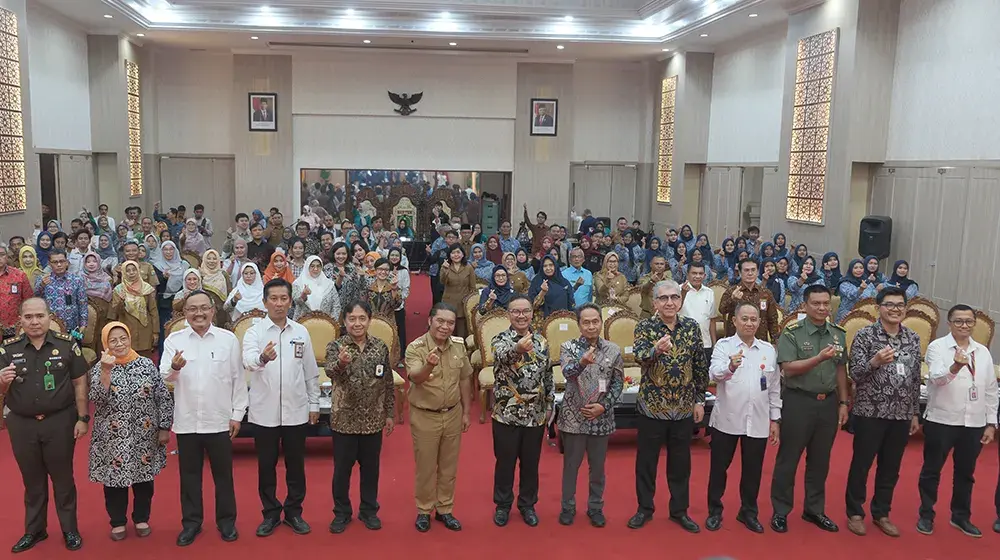PRESS RELEASE—FOR IMMEDIATE RELEASE
BALI, Indonesia, 25 March 2013: For sustainable development that is equitable and respects human rights, the Post-2015 Development Agenda should take into account population dynamics (size, structure, composition and spatial distribution) and their impacts to the environment, health, and economic growth, said participants at the Expert Group Meeting on Population Dynamics and the Post-2015 Development Agenda in Bali.
Recommendations of 40 international and national experts on population dynamics include:
- Invest in human capital throughout the life course, specifically universal access to sexual and reproductive health services, including family planning, with human rights and gender perspectives;
- Collect, analyse and use population data and projections for development.
- Employ population data in the formulation of development planning and policies, especially with respect to the environment.
- Promote developmental benefits of migration: Partnerships must aim to reduce barriers on movement and protection of rights of migrants.
- Create livable and sustainable cities for a growing population.
- Create collaborative partnerships to address population dynamics, through South-South and North-South cooperation and stakeholders’ involvement, such as young people, the private sector, CSOs.
"Approaches to reduce the fertility rate by voluntary choice is central and should be a high priority in the Sustainable Development Goals Agenda, which could eradicate poverty in 2030," UN Secretary General’s Special Adviser on MDGs Jeffrey Sachs, said. He added that the global development agenda, going forward, will require social inclusion, environmental stability and good governance.
Population in the world’s poorest countries is expected to double between 2010 and 2050, and is likely to have substantial adverse health, socioeconomic, environmental and political consequences, added Professor Sachs.
Indonesia’s success in lowering its fertility rate enabled the government to invest in education, health services and infrastructure, promoting economic and social development, said John Bongaarts, vice president of the Population Council. Studies also showed that countries with lower fertility and a relatively lower dependent population opens up greater opportunities for women’s participation in the work force, lower maternal mortality, and an increase in productivity and wealth—if the right investments are made in human capital.
"Investing in young people translates into an investment in the quality of a nation’s human resources," explained UNFPA Director for Asia and the Pacific Nobuko Horibe.
The 1994 International Conference on Population and Development, Horibe said, laid the foundation of individual rights as the basis of how development works on population issues.
"The ICPD is still very relevant and should be reaffirmed and strengthened in the Post-2015 Development Agenda, as global attention on family planning programmes has experienced a decline since 1994," said Tara Hidayat from the Presidential Unit for Development, Monitoring and Oversight (UKP4).
"We need to take into account the finite natural resources for the wellbeing of future generations," said environmental economist Professor Emil Salim.
On data access and utilization, Professor Terence Hull of the Australian National University said selection of indicators, capacity for data collection and analysis are needed so as to capture meaningful population trend and design programs that answers the needs of the public.
Development indicators, he added should be measurable, valid, timely, useful, understandable and comparable. "Data should also be accessible by the public. The government is the custodian of data but everybody should be able to access them."
The Expert Group Meeting on Population Dynamics urged the High Level Panel on the Post-2015 Development Agenda, which meets 25-27 March, also in Bali, to incorporate its recommendations in its relevant reports.
Tags: Post-2015, Population, ICPD Beyond 2014




